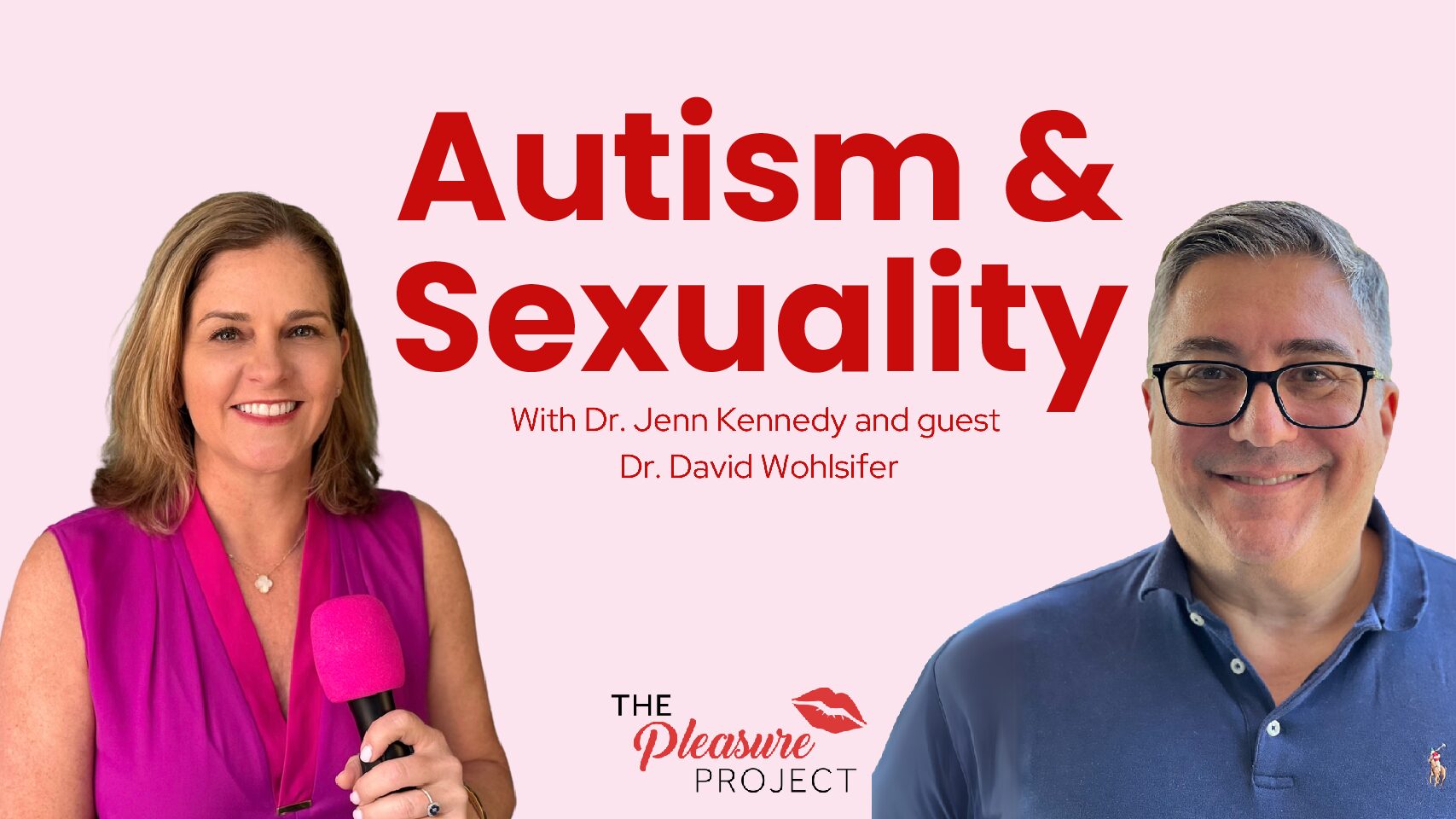Why Communication Matters for Intimacy You know those moments when you think, “If they really…

Erectile Dysfunction
Brad was starting to avoid sex. He couldn’t count on having an erection, so his anxiety would spike at the thought of initiating intimacy. His partner noticed the avoidance but she did not link it to his occasional ED. She assumed it was stress or that he was not attracted to her.
I often see variations on this scenario. Erectile dysfunction (ED) can be a challenging issue for couples, but it doesn’t have to spell the end of a satisfying intimate relationship. Addressing ED requires open communication, mutual understanding, and a willingness to explore new ways of connecting physically and emotionally. Here are some strategies couples can use to handle ED and still enjoy their intimate moments.
Open Communication
The first step in dealing with ED is to talk openly and honestly with your partner about it. This conversation might feel uncomfortable, but it’s crucial for maintaining intimacy and emotional closeness. Partners should express their feelings, concerns, and fears without placing blame. Understanding that ED is a common issue and often has underlying medical or psychological causes can help reduce any feelings of shame or inadequacy.
Seeking Medical Advice
Consulting a healthcare professional is important for understanding the underlying causes of ED and exploring treatment options. ED can result from various factors including cardiovascular disease, diabetes, stress, anxiety, or medication side effects. A doctor can recommend treatments such as medications, lifestyle changes, or therapy. Ideally, couples attend appointments together, as this can foster a sense of teamwork and mutual support. It’s hard if one partner feels like “the problem.”
Exploring Alternative Forms of Intimacy
Sexual intimacy is not solely defined by intercourse. Couples can explore other forms of physical connection that can be just as fulfilling, such as the following:
Manual and Oral Stimulation: These methods can provide pleasure and closeness without the need for an erection. Both partners win! Focusing on each other’s pleasure can be a deeply bonding experience.
Sensual Massage: Giving each other massages can help build intimacy and relaxation. It’s a way to enjoy touch and physical closeness without the pressure of performance. Introducing sex toys can add a new dimension to intimacy. Vibrators, for instance, can be used to provide pleasure to both partners and can be particularly useful if one partner has difficulty maintaining an erection.
Cuddling, Touching and Fantasy: Physical affection such as cuddling, kissing, and caressing can help maintain a close connection. These acts can release oxytocin, often called the “love hormone,” which enhances bonding and feelings of closeness.
Sharing and acting out fantasies can ignite excitement and interest. The mind loves juicy stories and fantasy is a type of play. This type of sharing requires open communication about desires and boundaries.
Emphasizing Emotional Intimacy
Building emotional intimacy is as important as physical intimacy. Couples should engage in activities that strengthen their emotional bond such as spending quality time together, talking about feelings, and supporting each other in non-sexual ways can help maintain a strong connection.
Practicing Patience and Understanding
ED can be frustrating, but patience and understanding are crucial. Recognizing that performance anxiety can exacerbate ED is important. Creating a stress-free environment and approaching intimacy without expectations can help reduce pressure. A non-charged willingness to pivot to other activities reduces the anxiety.
Lifestyle Changes
Adopting a healthy lifestyle can have a positive impact on ED. Couples can work together on making healthy choices such as:
Exercise & Diet: Physical activity improves blood flow and reduces stress, which can help with ED. A healthy diet supports overall well-being and can improve sexual function. Alcohol and Smoking can negatively affect erectile function, so see these habits as part of the bigger picture.
Managing Stress: Practices such as yoga, meditation, or mindfulness can help manage stress and improve sexual health.
Seeking Therapy
Sometimes, talking to a therapist can be beneficial. A sex therapist or couples counselor can help couples navigate the emotional aspects of ED. Therapy can provide a safe space to discuss fears, improve communication, and develop new ways of connecting intimately. The therapist can neutralize this sometimes loaded topic and help come up with work arounds for the couple.
Reframing Intimacy
Couples should reframe how they view intimacy. Instead of focusing solely on erections and intercourse, they can embrace a broader view of intimacy that includes emotional closeness, touch, and mutual satisfaction. This shift in perspective can reduce anxiety and lead to a more fulfilling sexual relationship.
While ED can be a challenging issue, it doesn’t have to diminish the quality of a couple’s intimate life. By communicating openly, seeking medical advice, exploring alternative forms of intimacy, and building emotional closeness, couples can continue to enjoy a satisfying and loving relationship.
Ready to start therapy? Give us a call at Riviera Therapy.




This Post Has 0 Comments